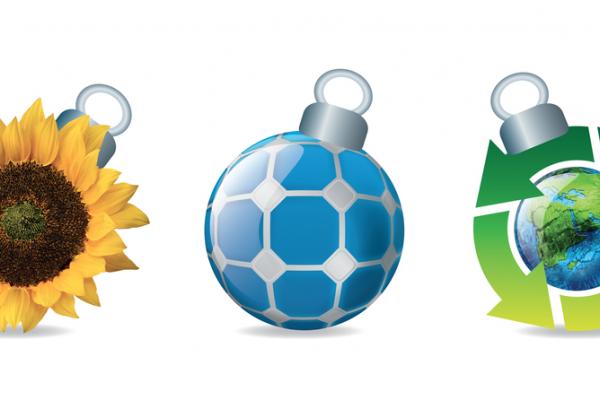The ink is barely dry on the latest plan to deal with climate change. One can hardly claim that Lima was a resounding success, but it’s not a complete failure either. With 2014 looking to be the hottest year on record, very fast action indeed is needed to keep a global mean temperature below 2 degrees celsius over pre-industrial levels. Given that people are suffering now from less than 1 percent celsius, it is already too late to avoid some consequences of climate change. However, there is still time to avoid the worst of the scenarios, and Lima at least commits all nations to act, even if the harder decisions are to be made in Paris in 2015. Meanwhile, the clock keeps ticking.
In Australia, things have looked pretty grim for those of us concerned about the future. While I’ve been encouraged as I have gone around speaking at churches and Christian organisations, and seen the enthusiasm for something to be done, our reaction in the public sphere has often been muted. There are sections of the church who could be showing much greater moral leadership on this issue. Climate change is an issue for all Australians — indeed for all of humanity, regardless of ethnicity, religion, or politics. The reality of a drying continent, a longer and more volatile fire weather season, and deadlier heatwaves does not discriminate.
Further, with the removal of the carbon tax, an attack on the Renewable Energy Target, and the continued pushing of coal at state and federal level, we seem to be going backwards, not forwards. It is heartening to see an about-face on the Green Climate Fund, but it simply isn’t enough to play Good Samaritan when you are one of the robbers waylaying the innocent.
Read the Full Article

